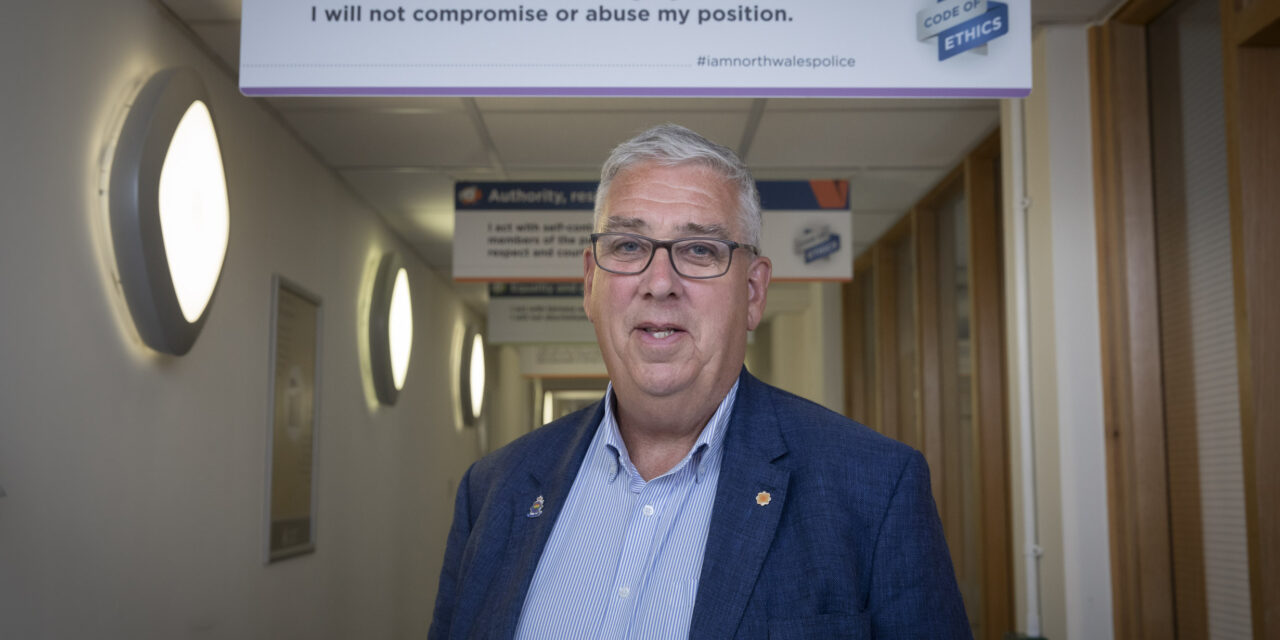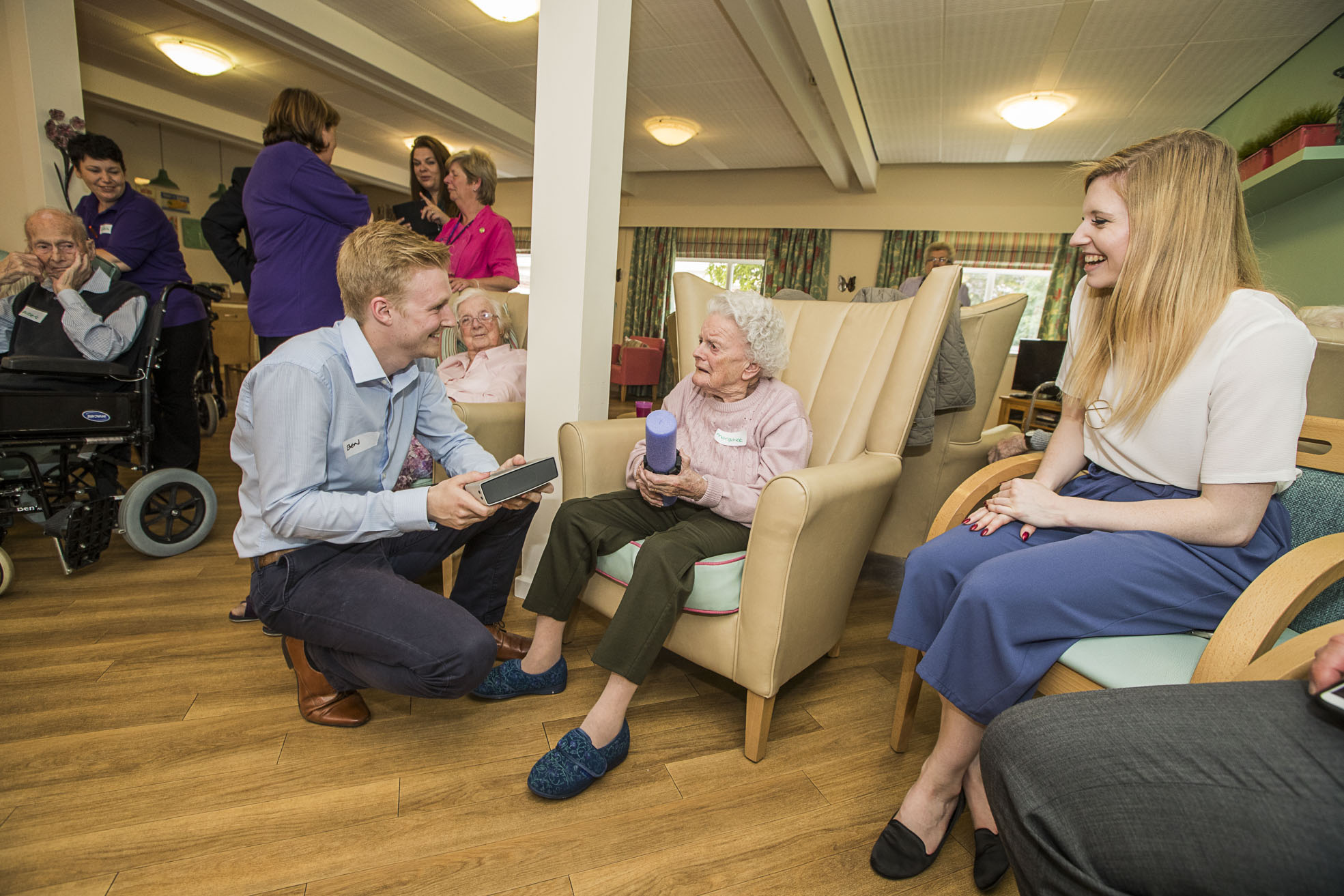A police boss is calling for a pilot scheme to be set up in North Wales to give prescribed heroin to drug addicts as part of a pioneering treatment programme.
According to the region’s police and crime commissioner, Arfon Jones, the introduction of Heroin Assisted Treatment would save lives, reduce crime, cut costs and reduce the scale of the illicit drug market.
A similar scheme is being launched in Cleveland in the Autumn by the police and health authorities in Cleveland with the blessing of Home Secretary Sajid Javid who is allowing it to go ahead under licence.
It will see people with problematic drug use being given medical-grade heroin – diamorphine – at special centres where they can inject themselves twice a day, seven days a week.
The aim is to cure the most drug-dependent addicts by giving them access to medical and other specialist staff.
It has been estimated the scheme will cost about £12,000 a year for each addict, which is a fraction of the cost of the crime they commit.
Mr Jones believes a pilot in North Wales should be funded by the Area Planning Board, which together with the Health Board, has an annual budget of £10 million a year to spend on schemes aimed at combating substance abuse, including alcohol.
Mr Jones, a former police inspector, was speaking at a conference organised by the Welsh Association of Community Safety Officers in Newport.
He said: “Reducing criminal exploitation of vulnerable people is the overarching priority of my Police and Crime Plan so I am delighted to be here.
“In my view, the current method of tackling organised crime through the Criminal Justice System has not been effective.
“Once one group has been removed, another replaces it within days, or even hours which inevitably leads to further violence and exploitation.
“Trying to arrest our way out of responding for the demand for drugs is not working and quite frankly hasn’t been working for a long, long time.
“In 1971 when the Misuse of Drugs Act was introduced, we had less than 2,000 problematic opioid users now we have 300,000.
“Heroin Assisted Treatment is proven to reduce crime, cut costs and reduce the scale of the illicit drug market.
“From a Public Health perspective, the benefit of Heroin Assisted Treatment are endless because it reduces the likelihood of overdose, reduce the risk of HIV and other blood borne viruses and provides individuals with access to services.
“There are also clear benefits to the Criminal Justice System. Heroin Assisted Treatment has been proven to reduce acquisitive crime considerably.
“In Switzerland Heroin Assisted Treatment was introduced in 1994, and subsequent academic evaluation showed that prescribing medicinal heroin to 10 per cent of the heaviest users and whom committed much crime resulted in a 40 per cent reduction in the illicit heroin market and reduced burglaries by up to 50 per cent
“Secondly I believe that diversion away from the Criminal Justice System is essential in ensuring that the most vulnerable within our societies are protected and helped to address their underlying issues.
“The majority of low level offenders offend due to their inability to deal with various issues and situations. These can include substance misuse, housing, debt or mental health to name but a few.
“By addressing these underlying issues individuals are less likely to offend as they are no longer in crisis.
In 2013, Durham Constabulary introduced the Checkpoint Diversion Scheme which provided low level offenders with an alternative to the Criminal Justice System.
“Nine navigators were employed to work with low level offenders to address their underlying issues and work with them to prevent re-offending.
“This scheme has been extremely successful and has seen the reoffending rate reduce to around four per cent
“Due to the success of the Durham model, I will be introducing Checkpoint Cymru into North Wales on October 1.
“I am currently in the process of recruiting nine navigators and I have been absolutely delighted by the high level of interest in these roles, with over 60 applications being received.
“The navigators will be based in all three of the custody suites across North Wales and will work with individuals during what will typically be a 16 week programme, but can be tailored to individual needs – for example, those caught in possession of a small amount of drugs will be given the opportunity to attend a four-hour drug awareness programme.
“We already know from the work done by our criminal justice system partners in North Wales that many of the offences committed by female offenders given short term sentences are those that will qualify for the Checkpoint Cymru programme.
“Children with a parent in prison are twice as likely as other children to experience conduct and mental health problems, less likely to do well at school and more likely to be excluded.
“They are also more likely to be arrested and imprisoned as young adults and three times more likely to be involved in offending activity themselves.
“Therefore, the cost to local authorities, policing and our other partners of not effectively supporting children of imprisoned parents could be substantial.
“It makes absolute sense for partners across North Wales to pool resources, best practice and learning to ensure that these children are able to reach their full potential.
“Despite the strength of the business case and the widely accepted evidence, some local authorities in North Wales remain unconvinced and will not make a funding contribution towards the costs of a small regional team established to tackle this very issue of supporting families affected by parental imprisonment.
“This is a perfect example I believe where pooled budgets could make a significant difference to partnership working and where the Welsh Government can play such a crucial role in putting together a funding package.
“Working together in effective partnership will help us all to meet the financial challenges we face whilst providing more effective support to people ensnared by problematic drug abuse and striking a blow against the illicit drugs trade.”










